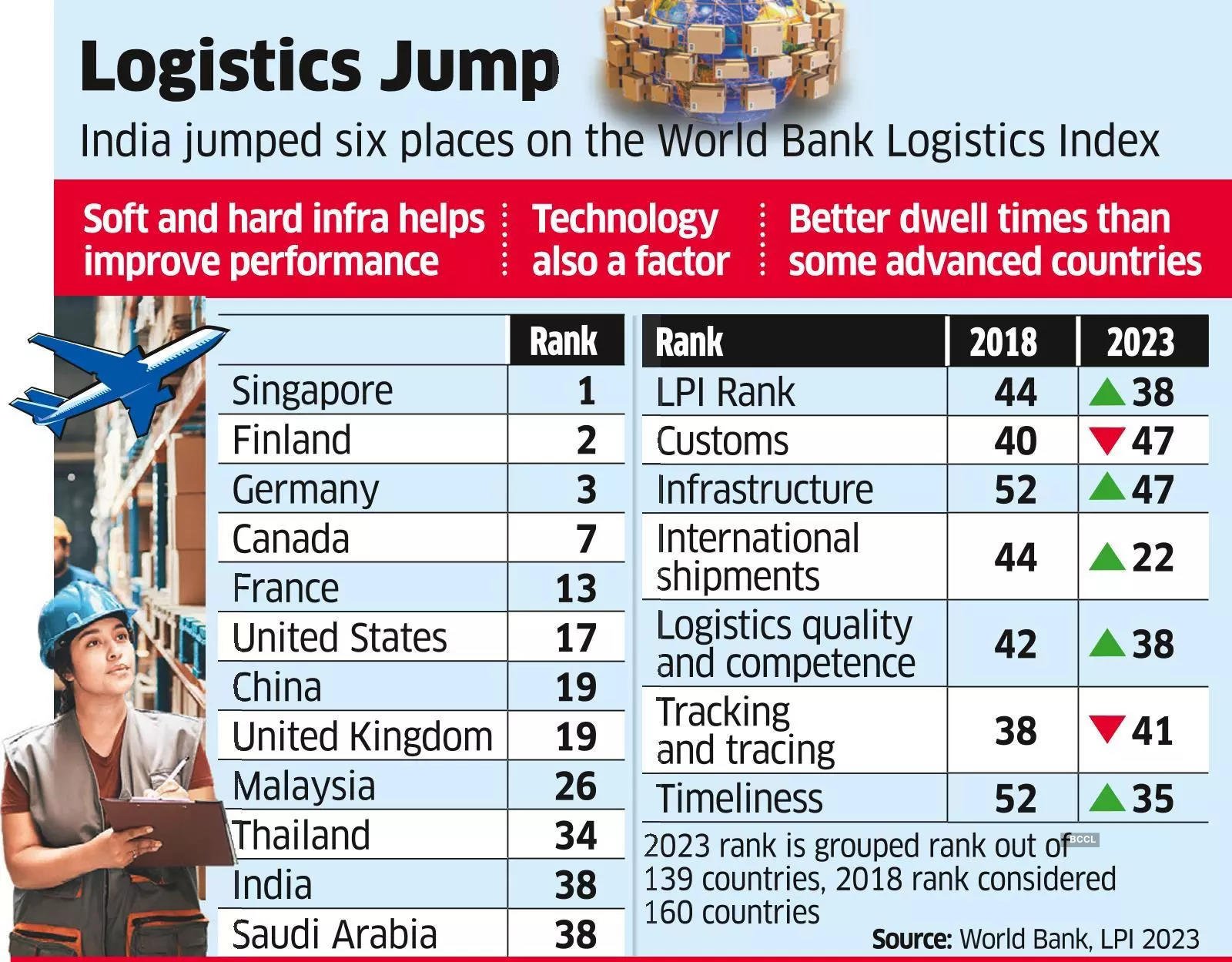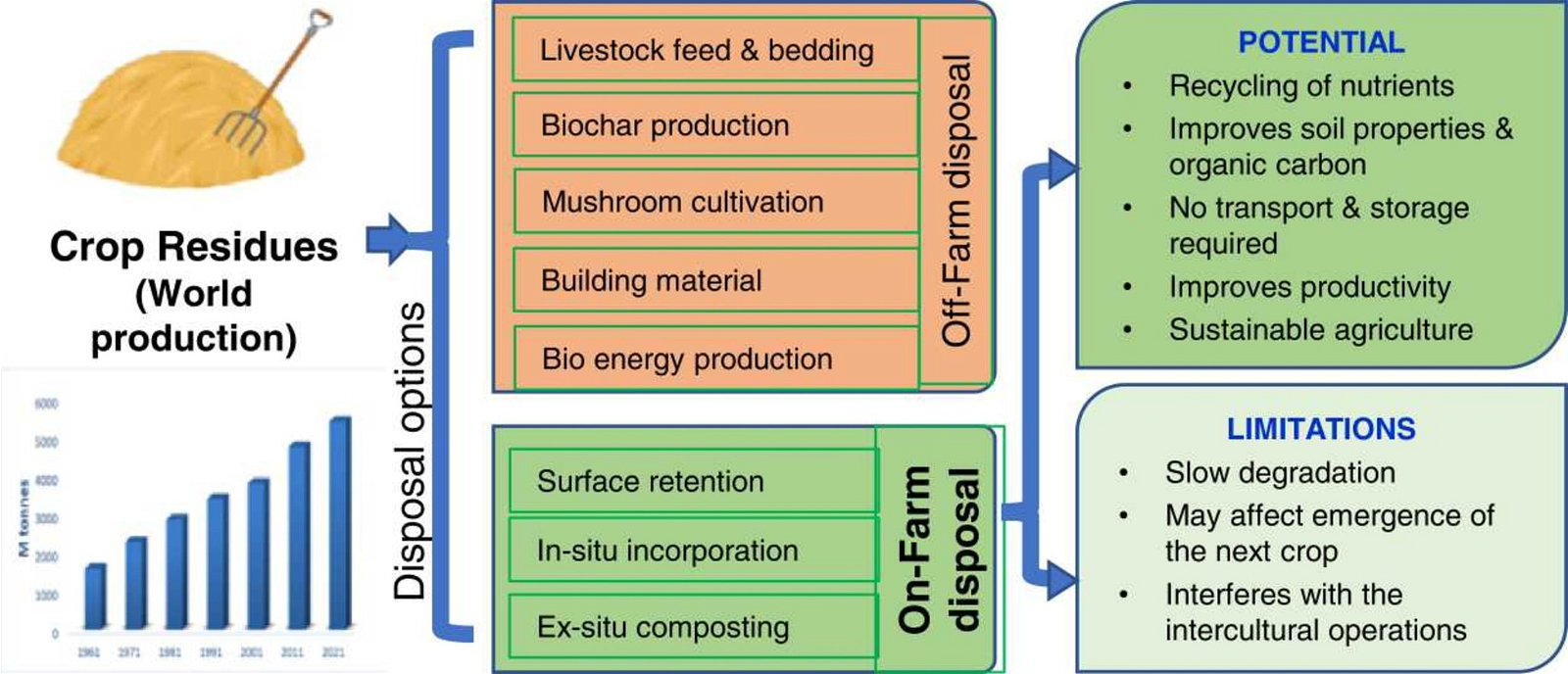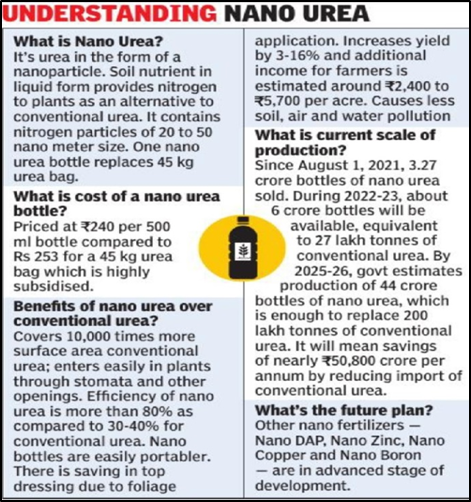
Financial Stability and Development Council
Subscribers of "Current Affairs" course can Download Daily Current Affairs in PDF/DOC
Subscribe to Never Miss an Important Update! Assured Discounts on New Products!
Must Join PMF IAS Telegram Channel & PMF IAS History Telegram Channel
- Context (LM | TH | IT): The 28th Financial Stability and Development Council (FSDC) meeting chaired by finance minister was held recently.
- The FSDC discussed various issues related to formulation of strategy for implementing the decisions of the FSDC and the Union Budget announcements.
- The FSDC has decided to implement a standardised Know Your Customer (KYC) process.
- The FSDC also deliberated on measures to counter the negative impacts of illegal lending apps that engage in charging exorbitant interest rates and employing predatory recovery practices.
- They also discussed fundraising by social enterprises through social stock exchanges.
Standardised KYC Process
- This uniform KYC approach aims to verify customers consistently across the entire financial sector.
- At present, KYC verification processes vary across most banks and financial institutions.
- The decision came shortly after the RBI took regulatory action against Paytm Payments Bank for non-compliance issues related to KYC.
- Finance Minister in her Budget speech for FY 2023-24 had proposed that the KYC process will be simplified adopting a ‘risk-based’ instead of ‘one size fits all’ approach.
Measures to counter illegal lending apps
- Over the years, fraudulent firms have mushroomed on the back of rapid growth in digital lending.
- As per the information received from MeitY, during April 2021 – July 2022, Google had reviewed approximately 3,500 to 4,000 loan apps and suspended/removed over 2,500 loan apps from its Play Store.
- RBI has shared a list of 442 unique digital lending apps used by the regulated entities with MeitY for the purpose of whitelisting and the same was shared with Google.
|
Social stock exchanges
- In the Budget speech of 2019-20, Finance Minister had proposed creation of a social stock exchange (SSE) to facilitate raising money by social enterprises and voluntary organizations.
- Following this, SEBI Board approved a framework for SSE.
- Then the Finance Ministry declared zero coupon zero principal instruments (ZCZP) as securities.
- This decision aims to assist organizations, including corporates, in utilizing funds designated for social responsibility.
- It also helps non-profit organizations access funds more transparently.




![PMF IAS Environment for UPSC 2022-23 [paperback] PMF IAS [Nov 30, 2021]…](https://pmfias.b-cdn.net/wp-content/uploads/2024/04/pmfiasenvironmentforupsc2022-23paperbackpmfiasnov302021.jpg)











